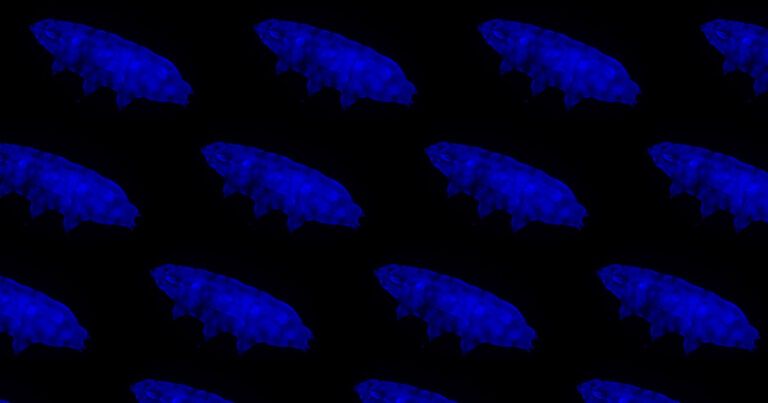Amazing tech.
Inhaled RNA is coming soon for countermeasures against respiratory pathogens, including COVID-19.
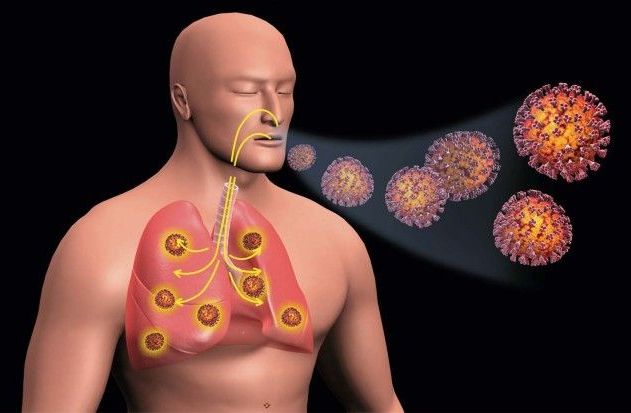
Is Tesla about to revolutionize the way we travel once more? Will it keep its promises? Or will regulators prove a massive oil slick to progress? A giant network of autonomous cars, that will drive at a very low cost and much safer than any human ever could. Everything we know about Tesla RoboTaxi Service.
0:00 Robotaxi information
3:09 preview of tesla ride sharing app functionality
4:49 Q2 2020 Earning Call — elon talks about driving the FSD tech himself
5:51 Elon Musk talks about Level 5 Autonomy and when Elon Musk hopes will reach full Level 5 Autonomy.
#fullselfdriving #elonmusk #robotaxi
Tesla has potentional to make uber obsolete. a full FSD upgrade will make Tesla Taxis will make billions. We cover everything we know about tesla ride sharing service so far and how tesla will command the robotaxi market. watch elon musk unveil plans for a ride-hailing service.
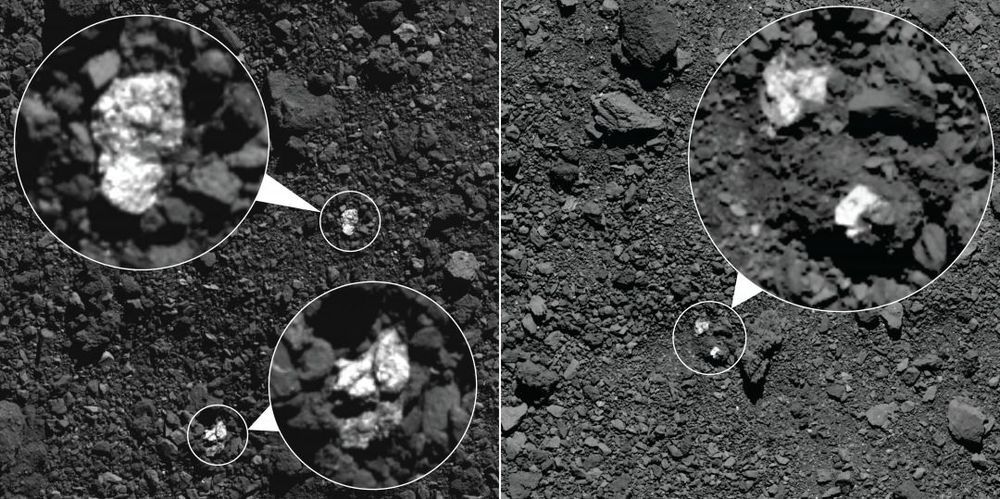
With NASA getting ready to land a spacecraft on the asteroid Bennu in just a few short days, the mysterious space rock is already revealing some of its secrets, including the presence of carbon-bearing materials.
Several studies were published on the matter in the journals Science and Science Advances, noting that carbon-bearing, organic material is “widespread” on the surface of the asteroid. This includes the area where NASA’s OSIRIS-REx spacecraft will take its first sample from, known as Nightingale, on Oct. 20.
“The abundance of carbon-bearing material is a major scientific triumph for the mission. We are now optimistic that we will collect and return a sample with organic material – a central goal of the OSIRIS-REx mission,” said Dante Lauretta, OSIRIS-REx principal investigator at the University of Arizona in Tucson, in a statement.
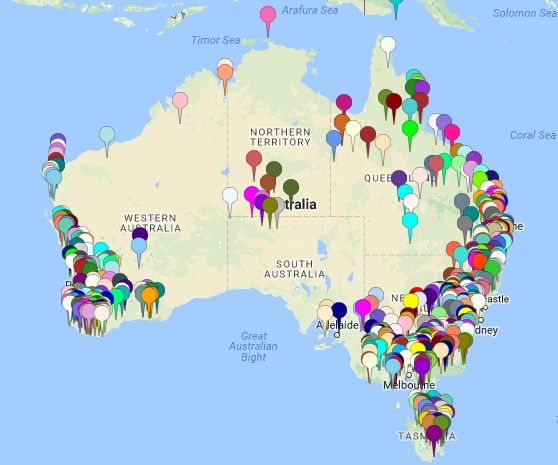
In 2016, I proposed LEO HTS Mega Constellation a viable solution for Australia’s broadband national coverage. I have been doing research on these constellations right from the beginning and they are inevitable!
Introduction
Utilizing the announced Lower Earth Orbit (LEO) satellites constellations of OneWeb, SpaceX, LeoSat & Samsung to provide high speed connectivity to entire Australian continent with performance better than fiber networks. This project can eliminate high cost NBN roll out to scattered populations and will considerably improve disaster management. Providing high speed connectivity for mobile communication, internet, high resolution TV broadcast as well as utilizing technologies like IoT & Cloud for improvement in security, education, health, agriculture, livestock farming, mineral resources, wildlife, and environment without any coverage black-spots. This network will not require any infrastructure installations and will help the Government to generate revenues by issuing spectrum licenses to local as well as foreign investors for providing services directly to the end user.
2011 Census
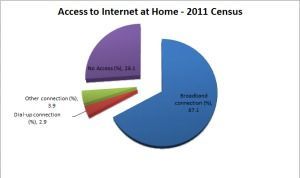
Source: Regional Statistics by ASGS, 2010–2014.

Jointly issued by the Chinese Communist Party and the State Council on Sunday, the measures targeting the tech sector are an important part of Beijing’s 2020–2025 plan for the city, which include pilot reforms in areas from finance and energy to education and transport.
Beijing’s plan doubles down on hopes that Shenzhen will become a global leader in technology and finance and a showcase for Xi’s vision of an ideal Chinese society.
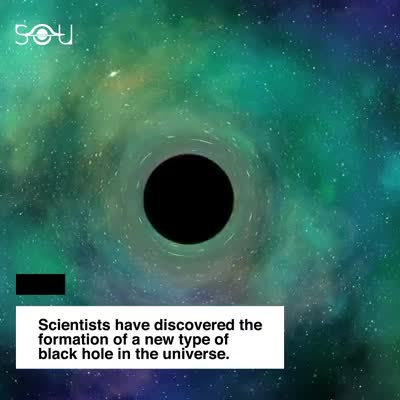

Mineral’s plant buggy looks like a platform on wheels, topped with solar panels and stuffed with cameras, sensors, and software.
But maybe there’s a better way—and Mineral wants to find it.
Like many things nowadays, the key to building something better is data. Genetic data, weather pattern data, soil composition and erosion data, satellite data… The list goes on. As part of the massive data-gathering that will need to be done, X introduced what it’s calling a “plant buggy” (if the term makes you picture a sort of baby stroller for plants, you’re not alone…).
It is in fact not a stroller, though. It looks more like a platform on wheels, topped with solar panels and stuffed with cameras, sensors, and software. It comes in different sizes and shapes so that it can be used on multiple types of crops (inspecting tall, thin stalks of corn, for example, requires a different setup than short, bushy soybean plants). The buggy will collect info about plants’ height, leaf area, and fruit size, then consider it alongside soil, weather, and other data.
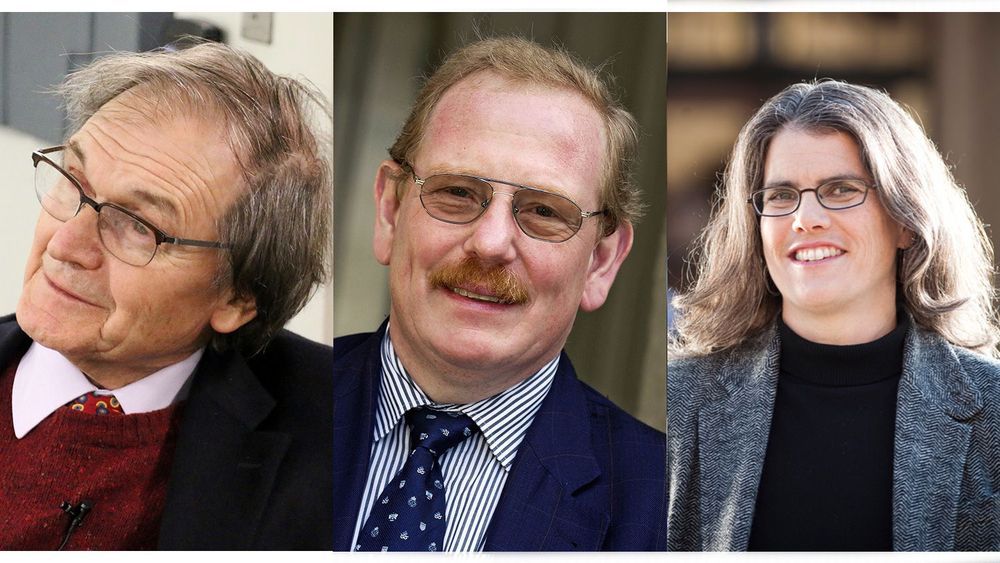
Congratulations from Ogba Educational Clinic.
The 2020 Nobel Prize for Physics has been awarded to Roger Penrose, Reinhard Genzel and Andrea Ghez for their work on black holes.
The prize is worth 10 million Swedish krona (about $1.1 million) and half goes to Penrose, with Genzel and Ghez sharing the other half of the prize.
The Nobel Committee cites Penrose “for the discovery that black hole formation is a robust prediction of the general theory of relativity”, and Genzel and Ghez “for the discovery of a supermassive compact object at the centre of our galaxy”.
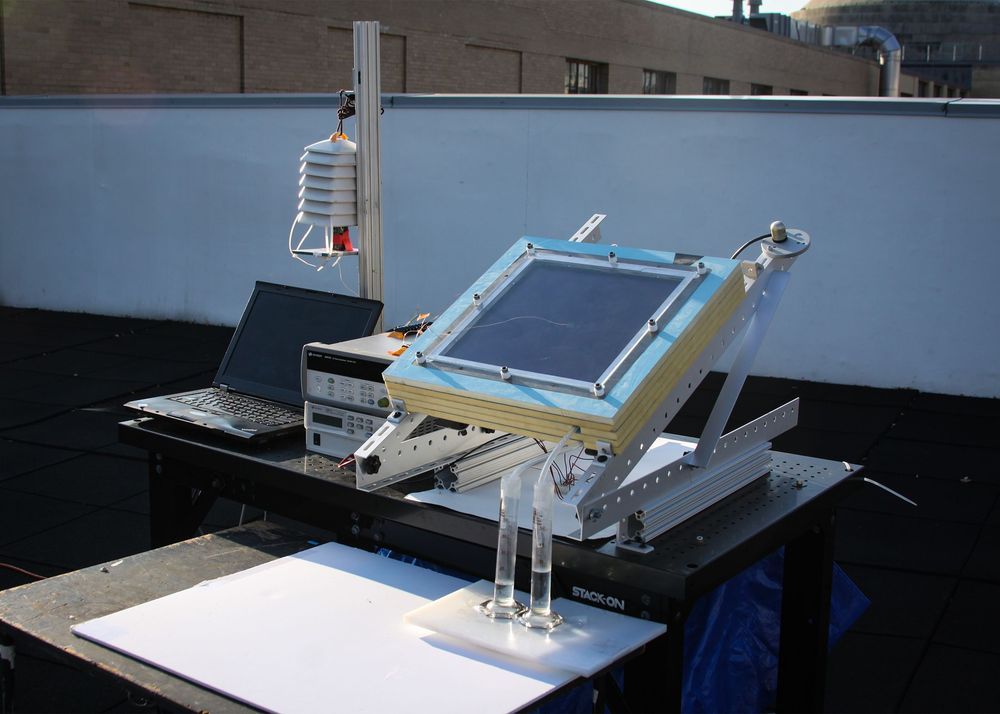
Researchers at MIT and elsewhere have significantly boosted the output from a system that can extract drinkable water directly from the air even in dry regions, using heat from the sun or another source.
The system, which builds on a design initially developed three years ago at MIT by members of the same team, brings the process closer to something that could become a practical water source for remote regions with limited access to water and electricity. The findings are described today in the journal Joule, in a paper by Professor Evelyn Wang, who is head of MIT’s Department of Mechanical Engineering; graduate student Alina LaPotin; and six others at MIT and in Korea and Utah.
The earlier device demonstrated by Wang and her co-workers provided a proof of concept for the system, which harnesses a temperature difference within the device to allow an adsorbent material — which collects liquid on its surface — to draw in moisture from the air at night and release it the next day. When the material is heated by sunlight, the difference in temperature between the heated top and the shaded underside makes the water release back out of the adsorbent material. The water then gets condensed on a collection plate.
